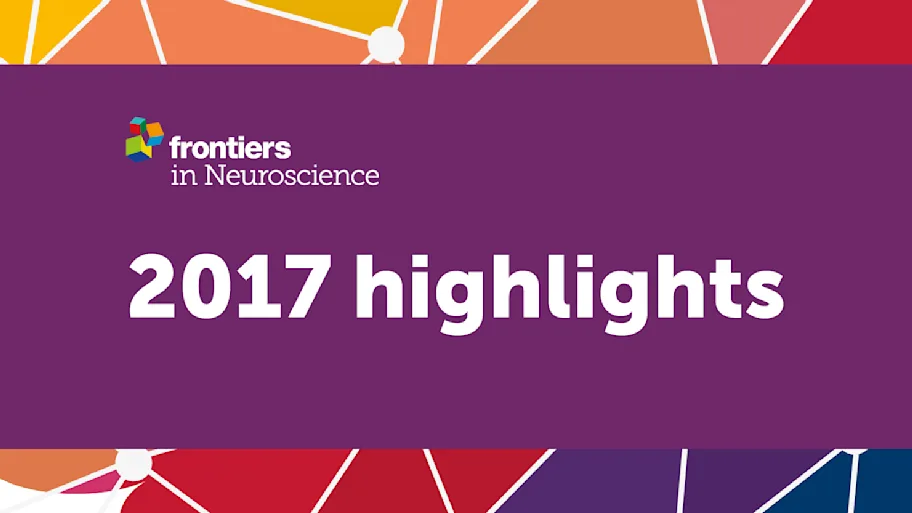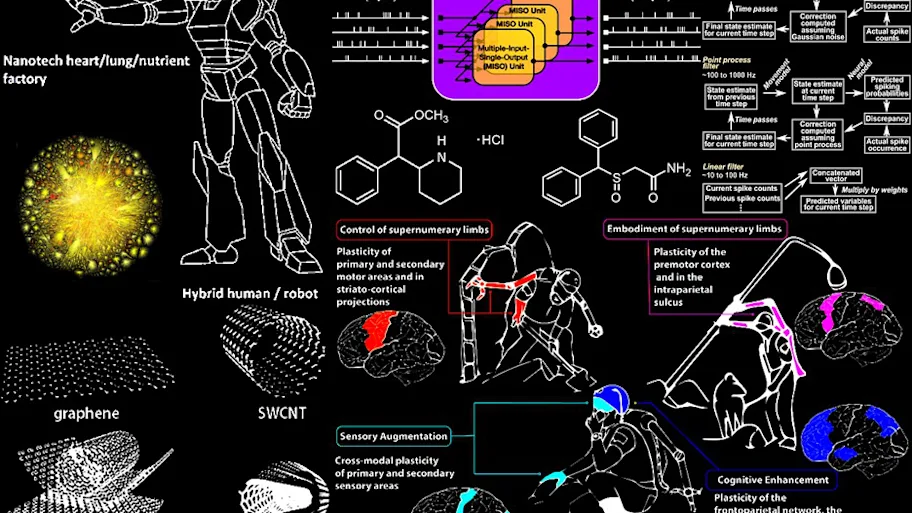
- Science News
- Neuroscience
- Brain augmentation brought to Russian audience
Brain augmentation brought to Russian audience

A collection of research published in Frontiers in Neuroscience is being brought to the Russian public through the country’s first popular science website on the brain and neuroscience.
The Research Topic, Augmentation of Brain Function: Facts, Fiction and Controversy, won the 2017 Frontiers Spotlight Award. Neuronovosti (“Neuro News”) will publish popular versions of most of the articles, which cover diverse aspects of brain enhancement ranging from brain-machine interfaces and memory transfer to meditation and ethical considerations.
“Neuroscience is one of the most rapidly developing branches of human knowledge, coming into the lives of ordinary people,” says Alexey Pajevsky, science journalist and co-founder of Neuronovosti. “Not only do scientists need to stay up-to-date with the direction this field is taking, but society needs to understand these developments and prepare for future changes.”
The website also aims to connect neuroscientists to one another and attract new people to the field.
“I was very pleased by Alexey’s initiative to cover brain augmentation in great detail on neuronovosti.ru,” says Mikhail Lebedev, one of the editors of the Frontiers Research Topic. “Neuronovosti is a great popular-science resource for Russian readership, with a very professional and energetic editorial team. I was amazed by the speed of their work and the quality of the articles.”
The site has grown rapidly since its launch in 2016, with a monthly audience now reaching more than 100 000 people and more than 20,000 subscribers to its social networks. Pajevsky and co-founder Anna Horuzhaya also ran a lecture series on neuroscience in 12 Russian cities.
“Scientific communication is very needed in Russia and the world as a whole,” says Pajevsky.
The Research Topic Augmentation of Brain Function: Facts, Fiction and Controversy includes almost 150 cutting-edge research articles from more than 600 authors in different fields related to neuroscience and brain function. Receiving over 1 million views and downloads, it competed against nine other finalists to win the first Frontiers Spotlight Award. The US$100,000 prize will support the winners to organize an international scientific conference in 2018 around brain augmentation.






